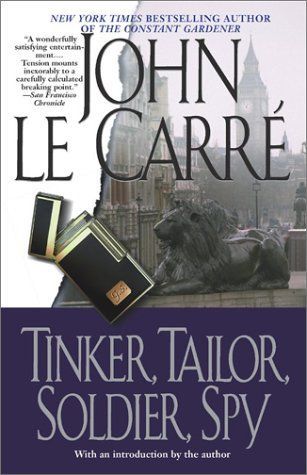
Reviews
Chris Dailey@cris_dali
Jim Hagan@aranyalma
Tobias V. Langhoff@tvil
ben wolfson@birdbrain10
Dave Walker@bibliosaurusrex
Lord Aragorn@lordaragorn
Prashanth Srivatsa@prashanthsrivatsa
Kirsten Simkiss@vermidian
Sian Wadey@sianwadeykerr
Tracey O’Rourke@simiavus
Gordon McLean@gordon
Diane Wang@dianewang
S. R. Spencer@srspencer
Mat Connor@mconnor
Darren Olivier@darreno
Robin Howie@robinhowie
Ben S@beseku
Aayush@b3nz3n3
Maria@nocturnes
Apurva Chitnis@apuchitnis
Cody Degen@codydegen
Sam@givemenothing
Steve Parks@steveparks
Laura Mauler@blueskygreenstrees